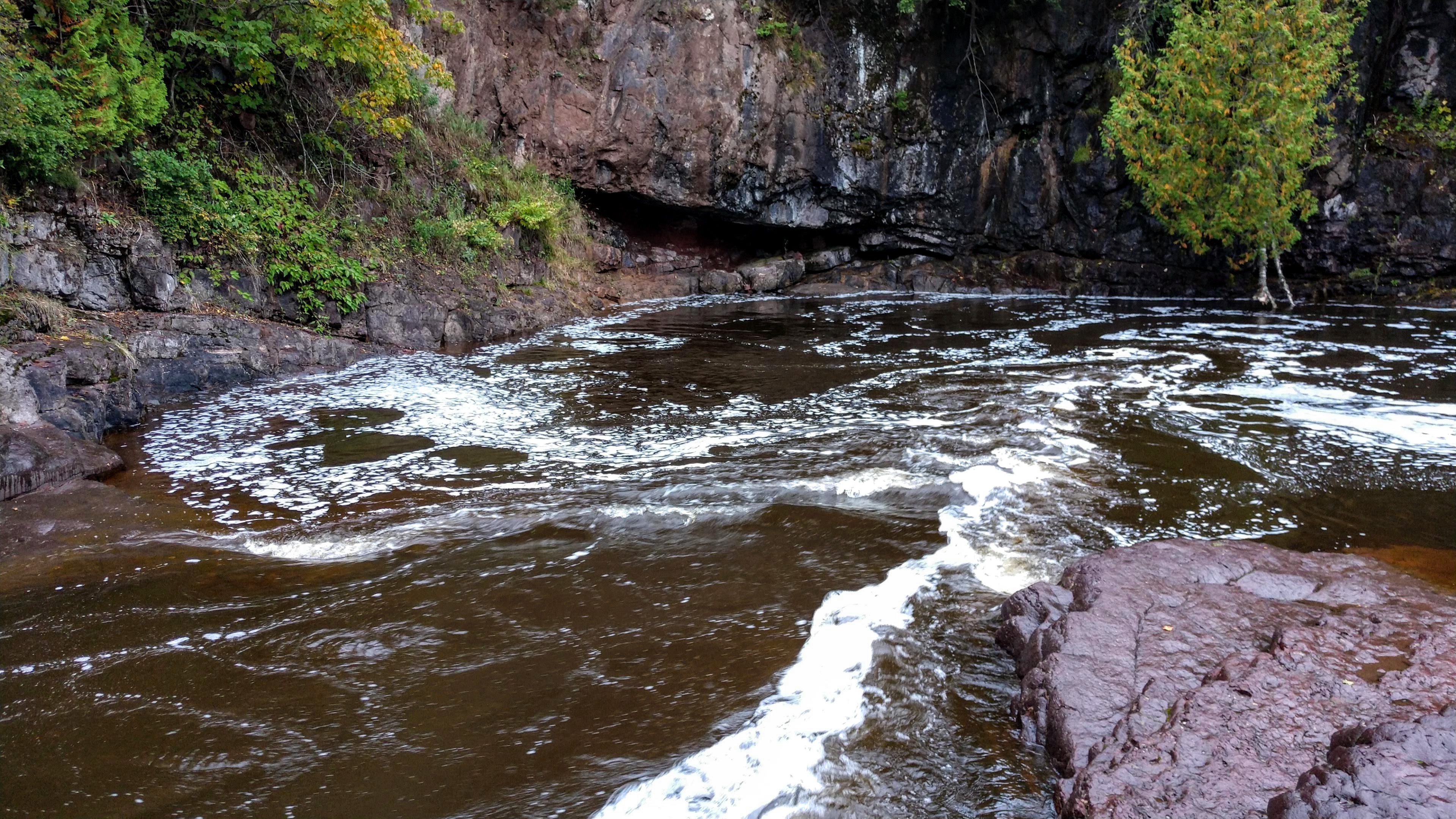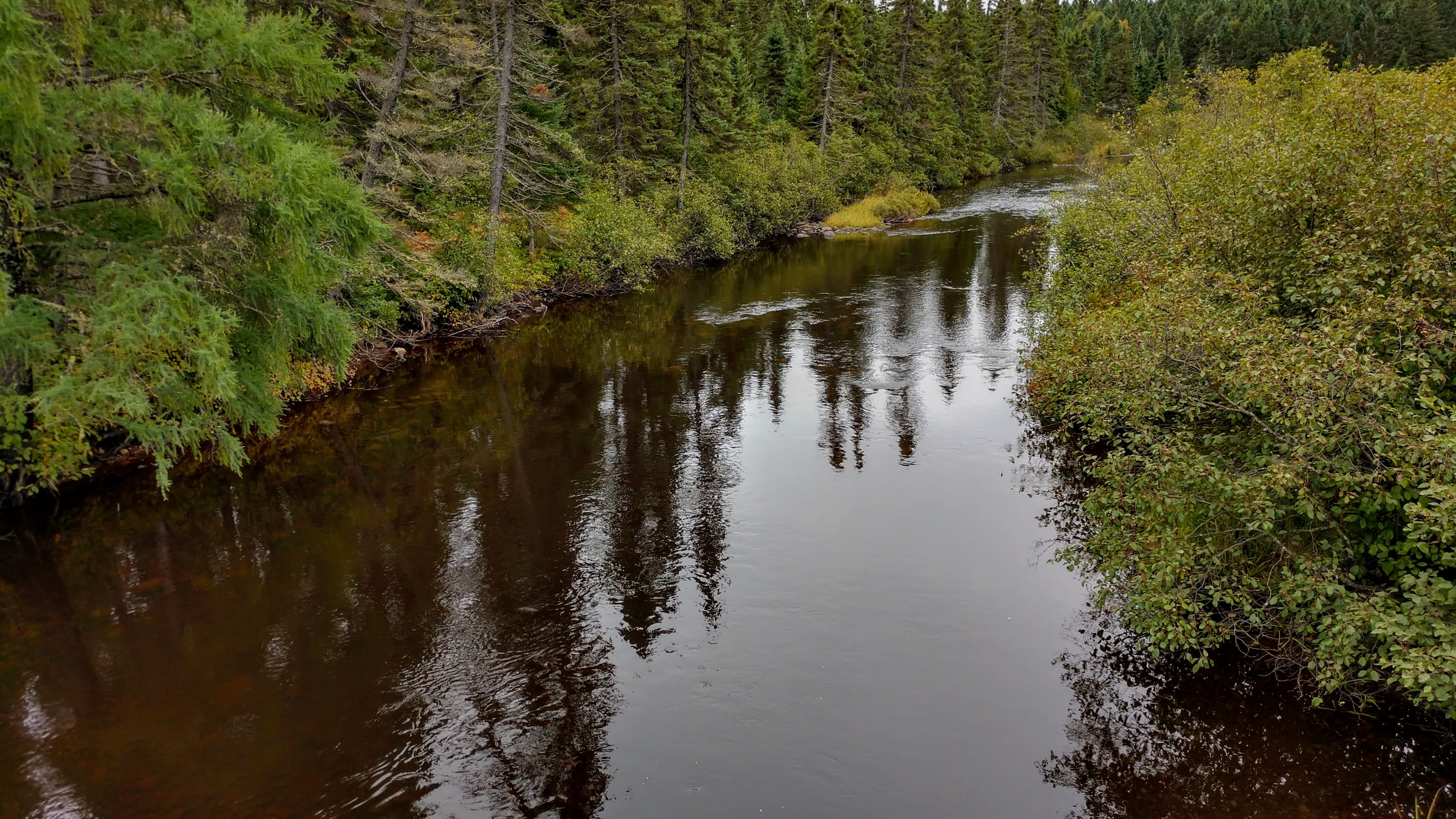Fewer Hunters in the US, but Higher Hunting License Sales?
Adam Scepaniak 06.03.19

Many of us have heard in hunting circles that the number of hunters now, relative to the ’70s and ’80s, is down quite a bit. Maybe it’s because we are a more wired or “techy” society and fewer of the upcoming generation are willing to venture into the outdoors. No one is sure of the reason, but it’s peculiar that hunting license sales are going up at the same time. Seems like an oxymoron, right? Well, there is an explanation for all of this.
The U.S. Fish and Wildlife Service is tasked with documenting license sales across the United States. This accounts for hunting, fishing, and similar outdoor recreational statistics. They have continually reported that hunters are, in fact, down in numbers. Also, hunting licenses are going up. So what gives?
For states to receive Federal funding, they need to exhibit a need for it. How can that need be displayed to the US Fish and Wildlife Service? Through the number of hunting licenses sold. If hunters are down, how have states gotten more licenses sold to the remaining hunters? By coupling licenses.
In the past, when a sportsman/sportswoman bought licenses it was à la carte. Meaning, you would buy your disciplines or activities in an itemized fashion. If you want a trout license, you buy a trout license. If you want a spring turkey license, you buy a spring turkey license.
Now many states are coupling activities so it shows a “hunting license sale” regardless of whether that person went hunting or not. You can buy a variation of a sportsman/sportswoman license for mere dollars over a more-specific fishing license. With that sportsman license you can hunt small game, fish, and/or hunt something like whitetail deer. It’s almost the theory of buying in bulk. As a diehard fisherman, maybe you will go hunting, maybe you won’t. But that coupled license is so cheap, why not buy it?
For that very reason, many states can pad their hunting license sales to get more Federal funding when in the recent past they were getting overlooked. Is this ethical? That is up for debate since the statistics are not entirely reflective of people going hunting, but it is all in the name of getting funding to support conservation projects.
The optimist in me believes this methodology could be causing more good than bad. It is drawing funds to states for conservation projects, and it could be bringing more fishermen and different outdoor enthusiasts to the fold of hunting.
What do you think? Let us know all of your thoughts in the Comments below! We always appreciate your feedback.
